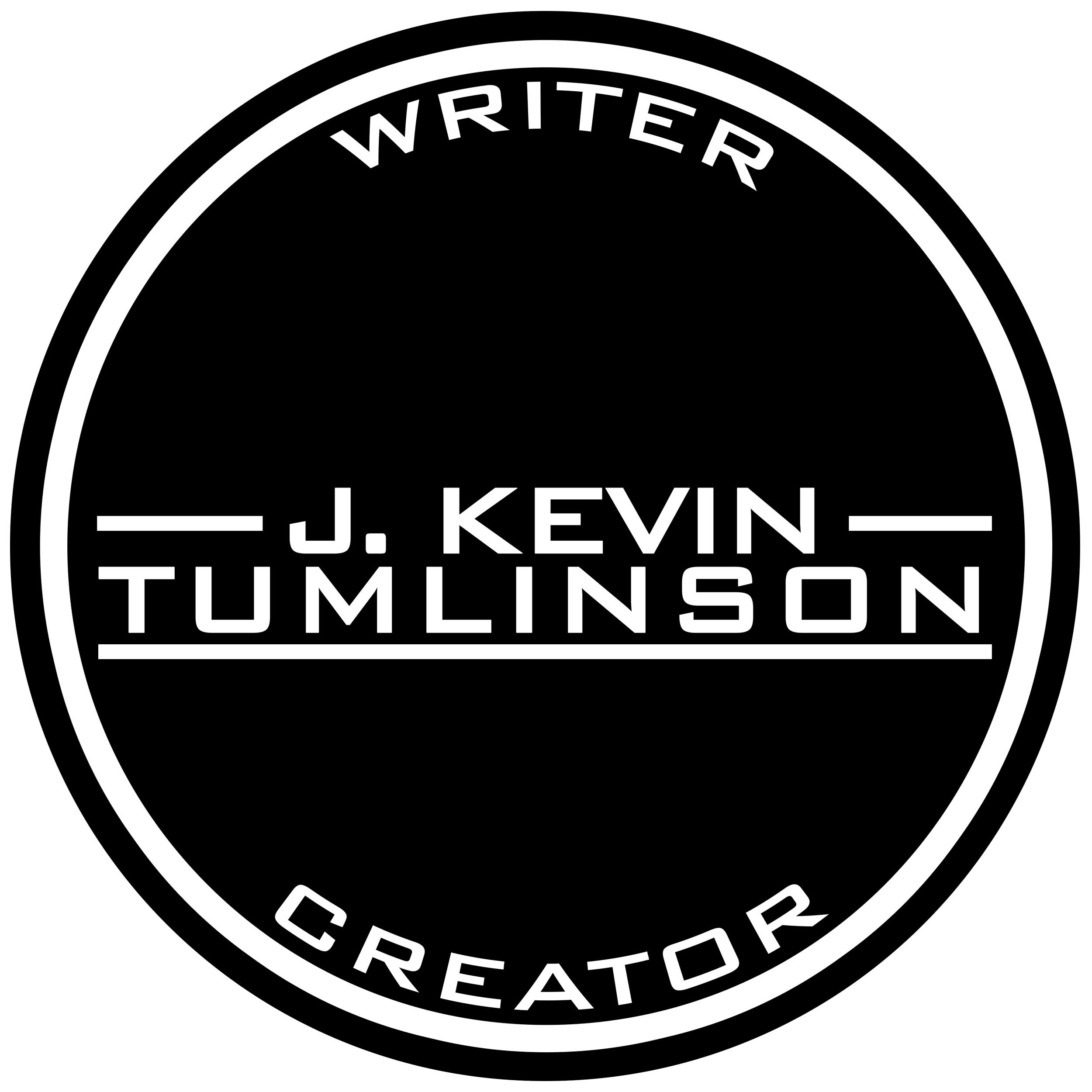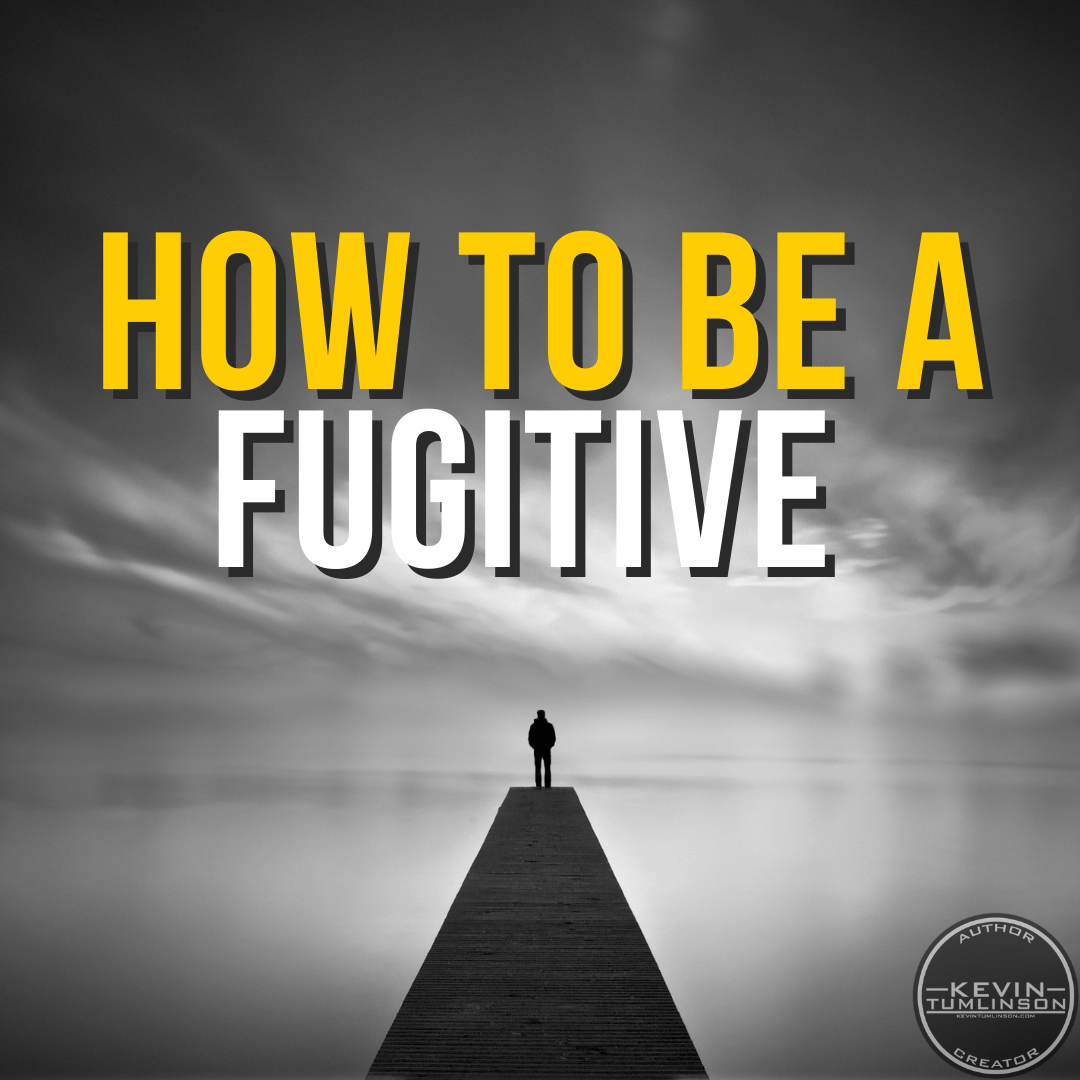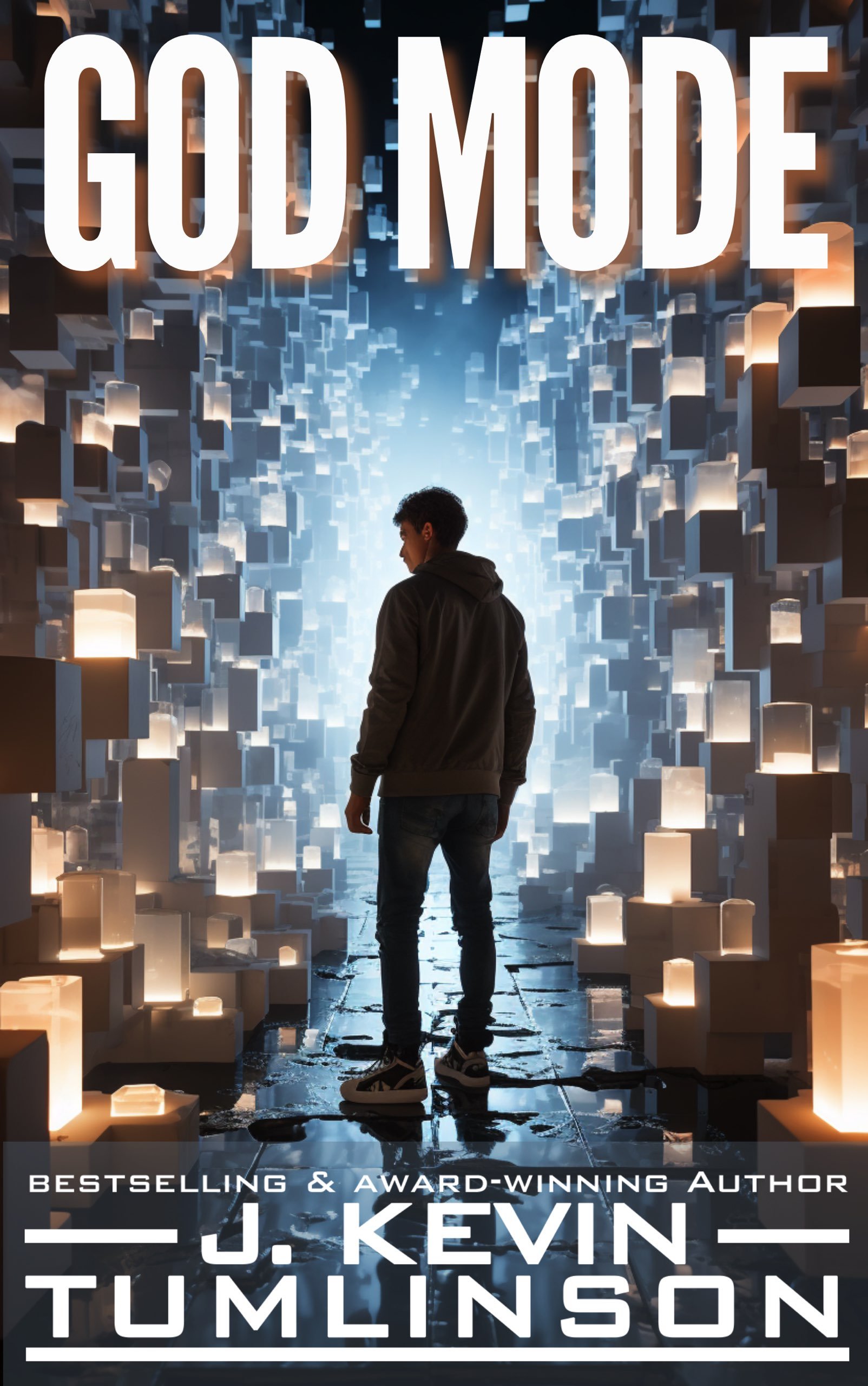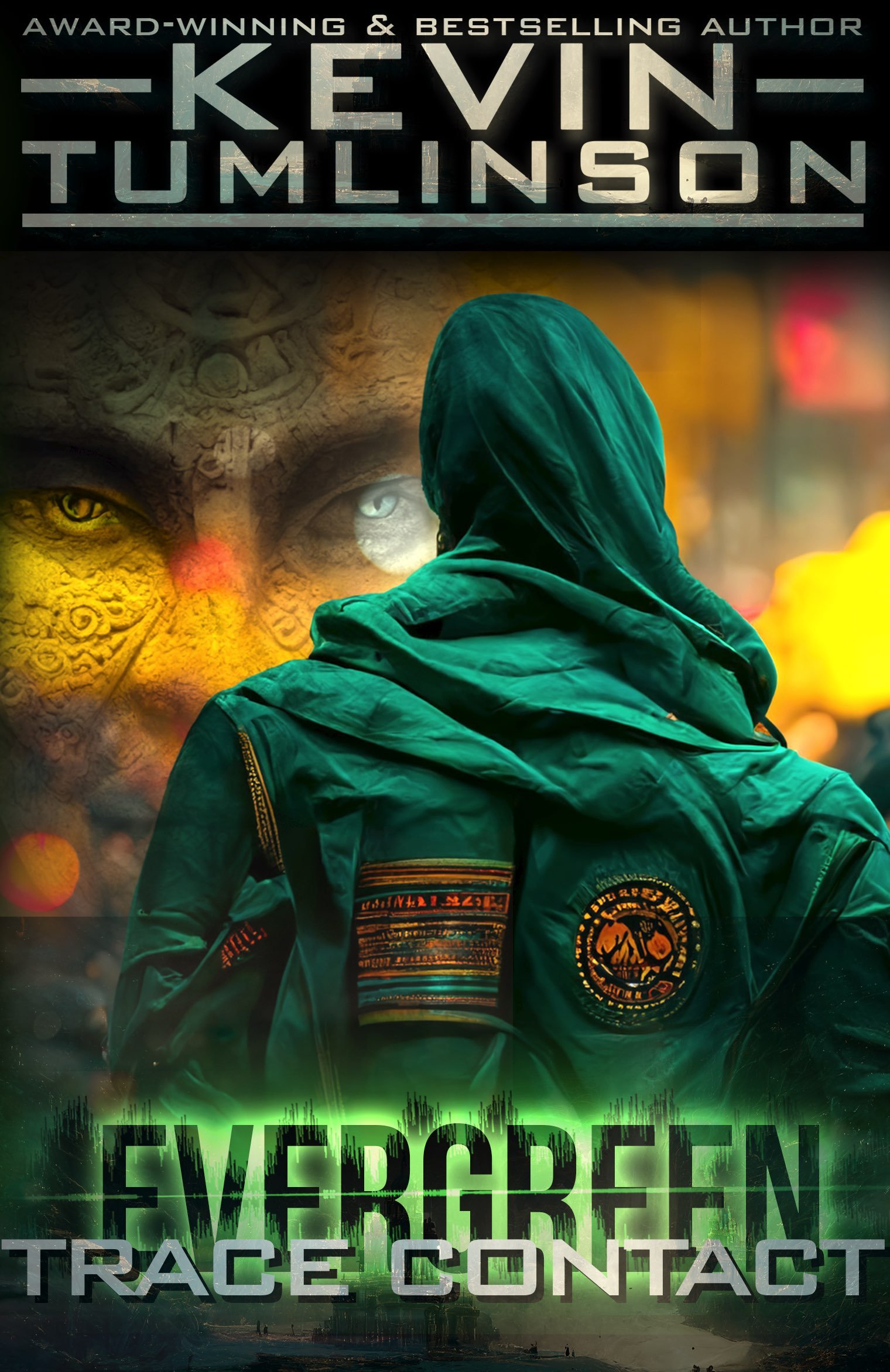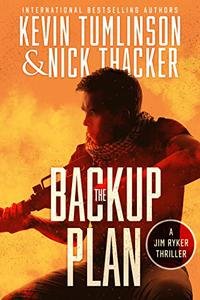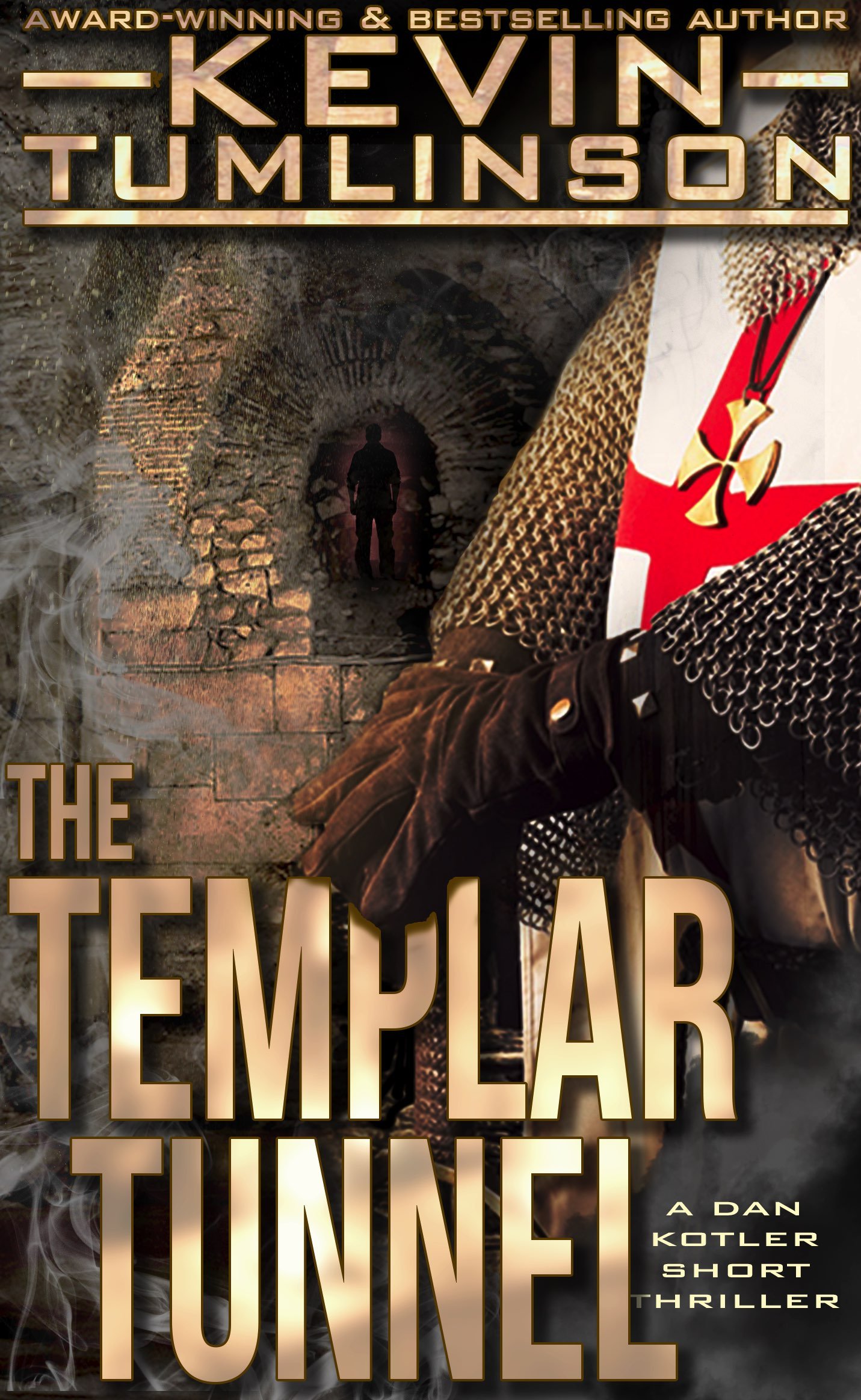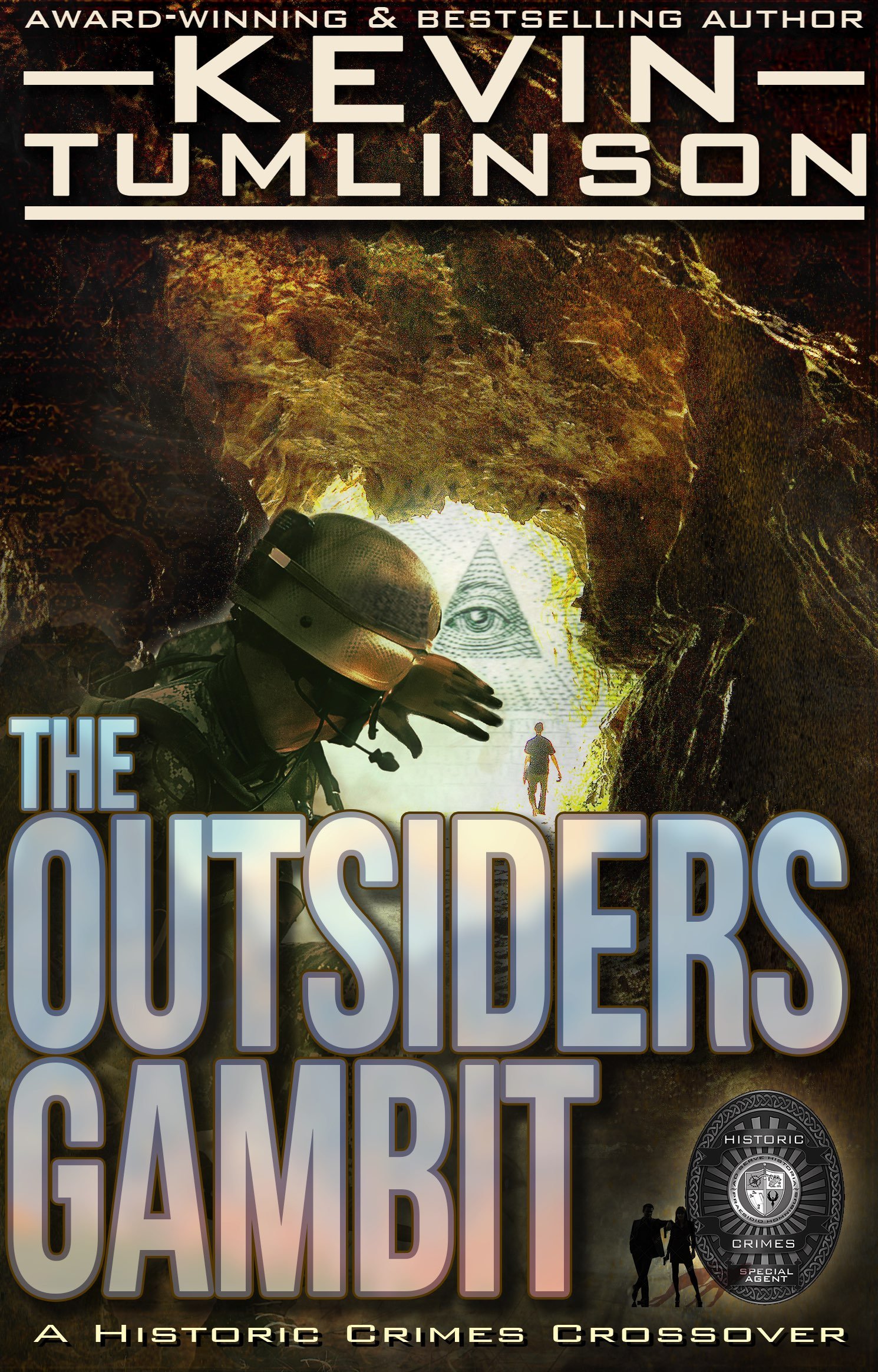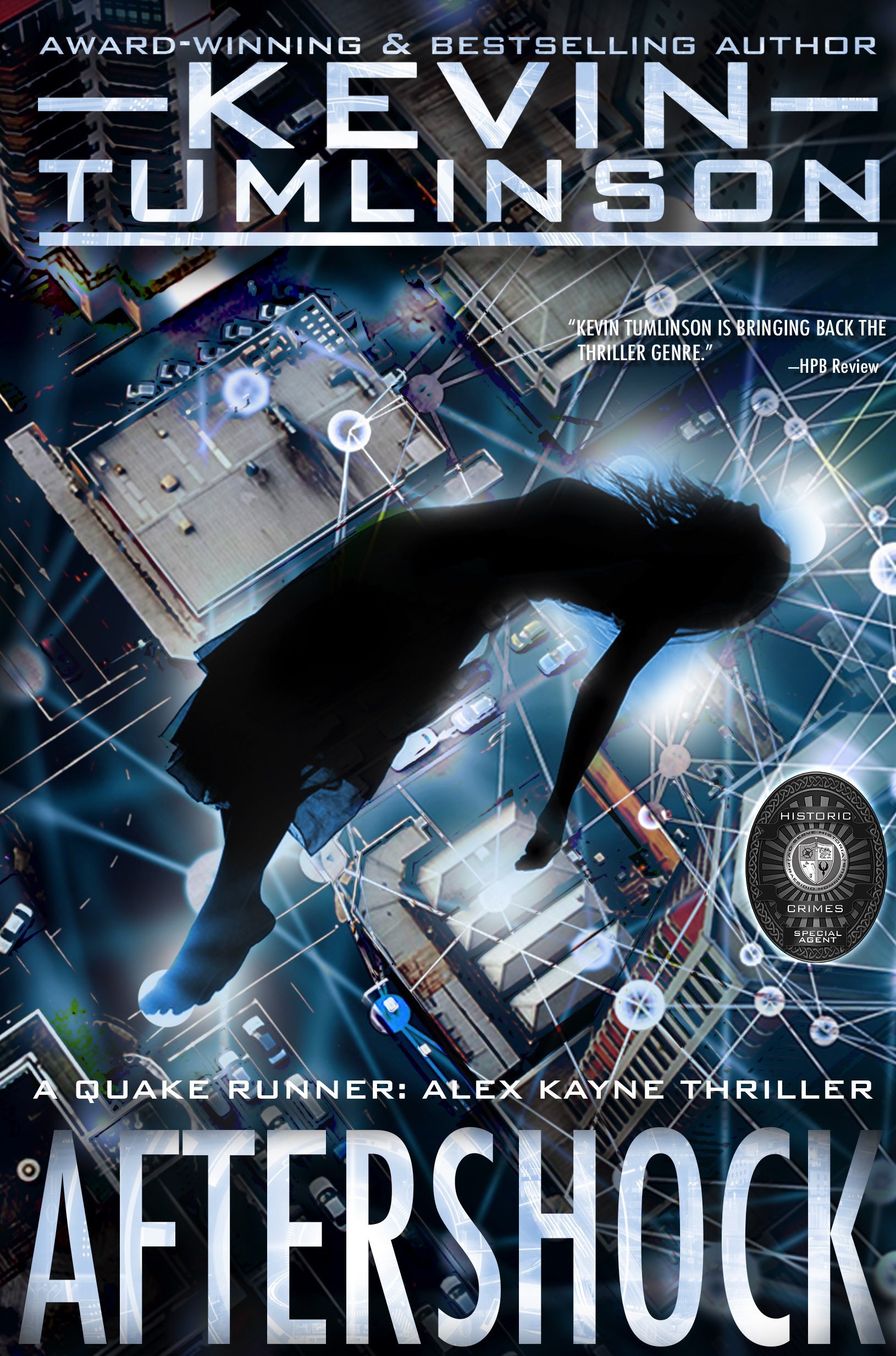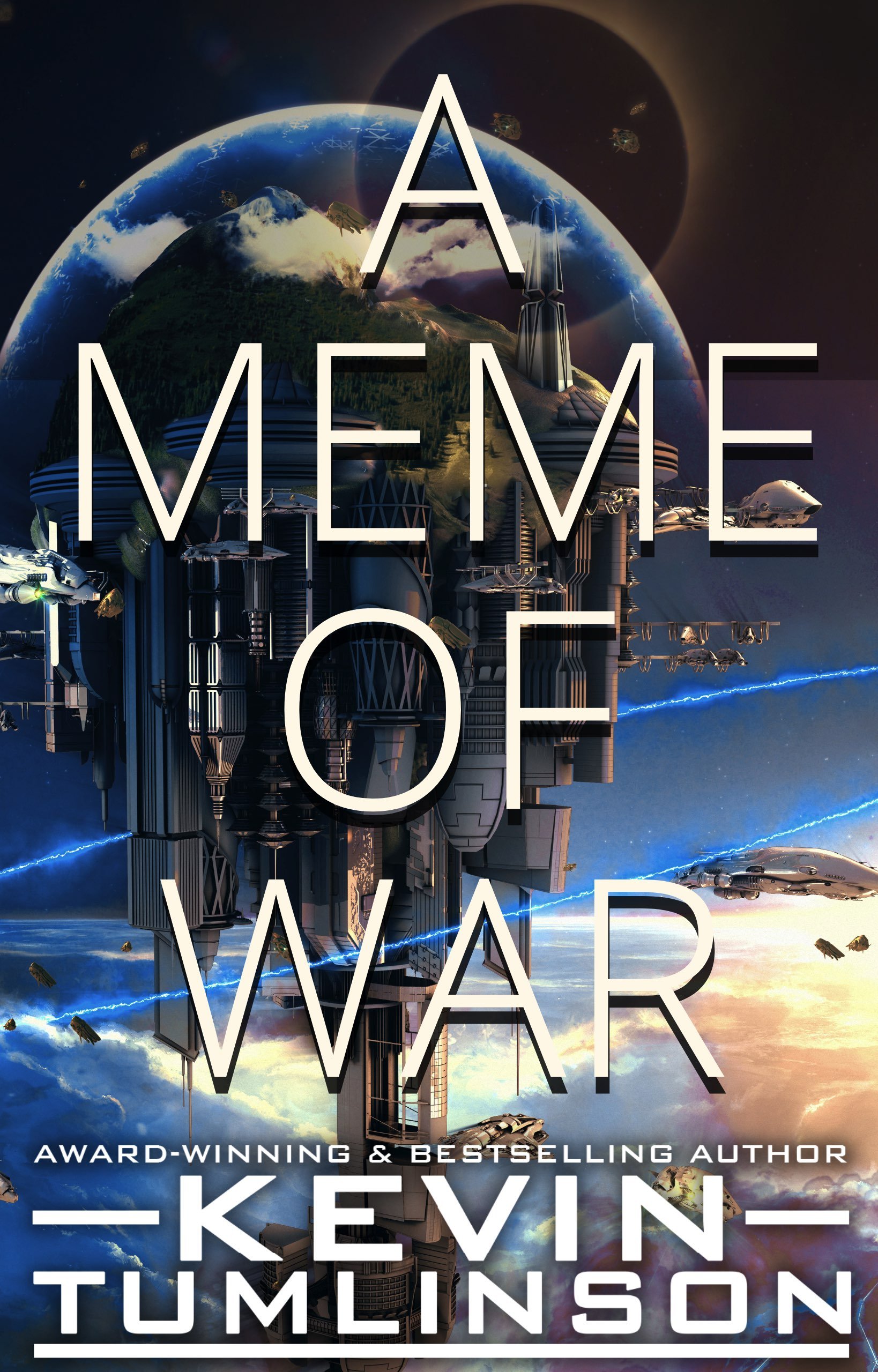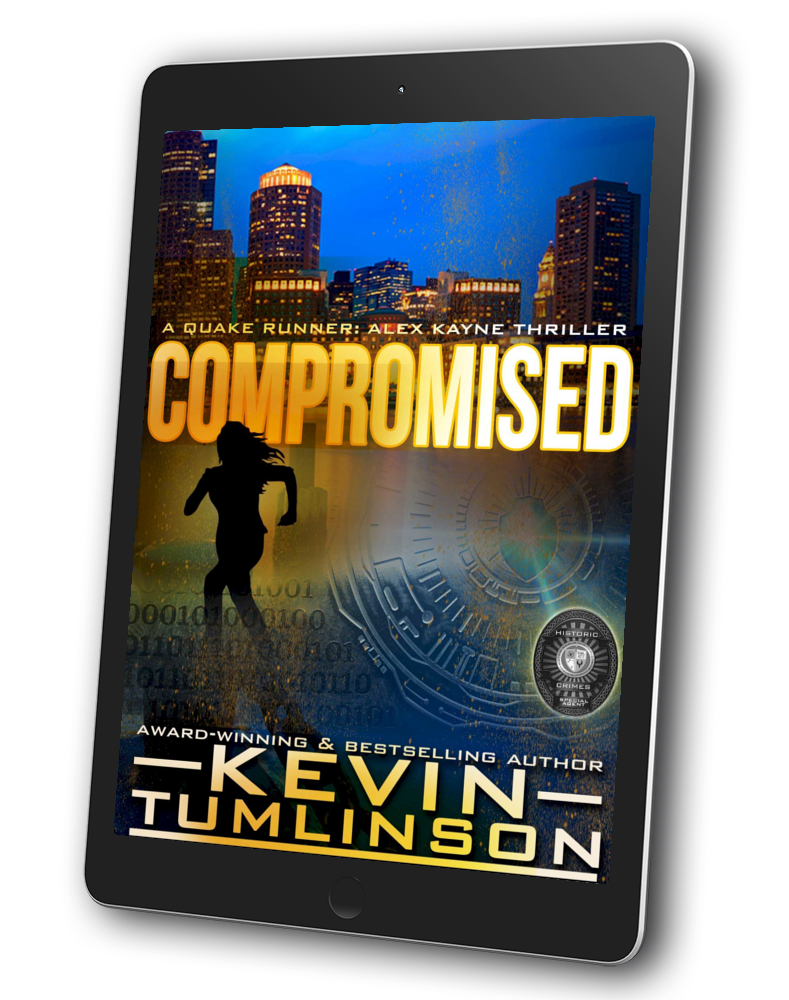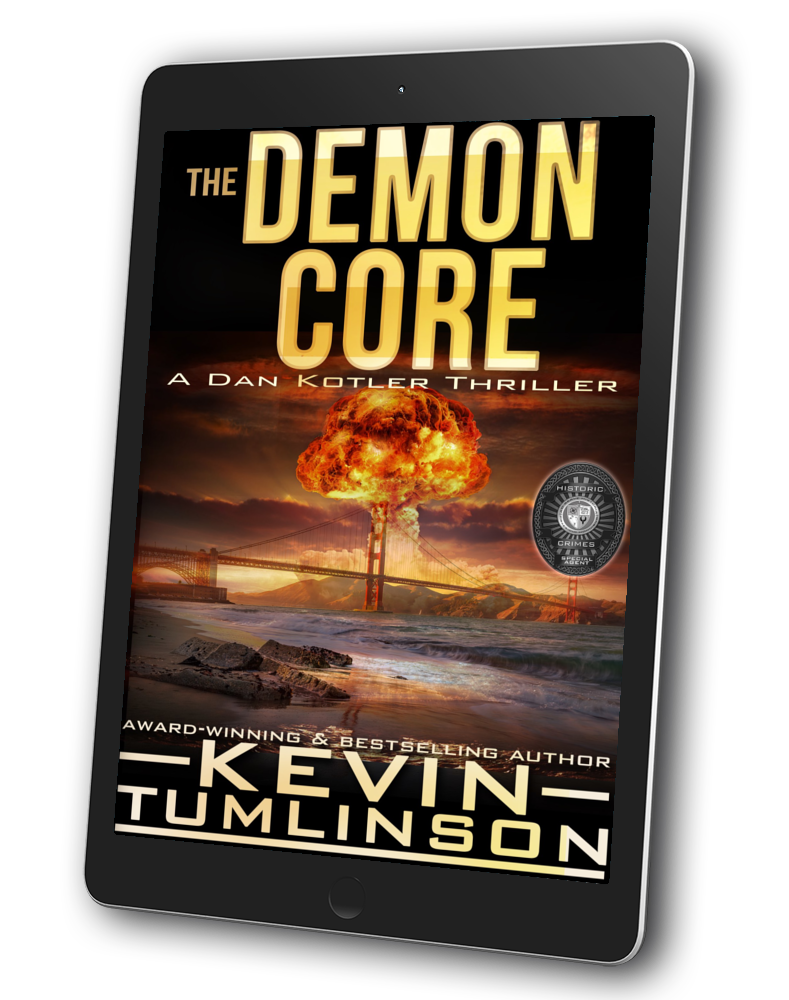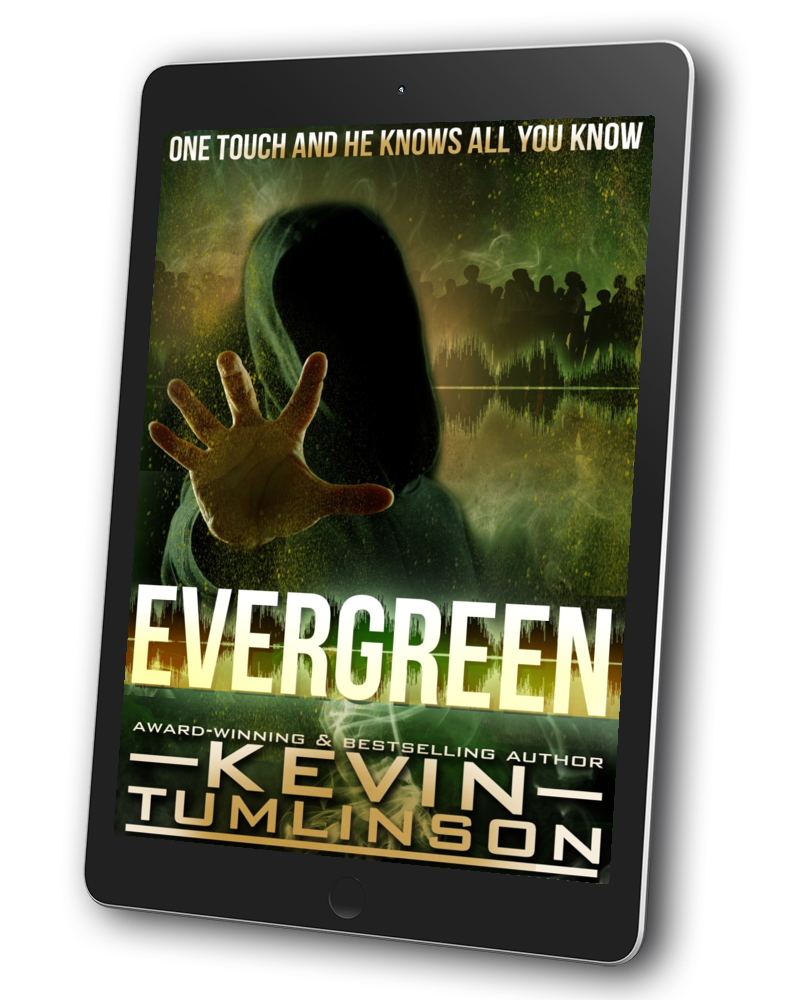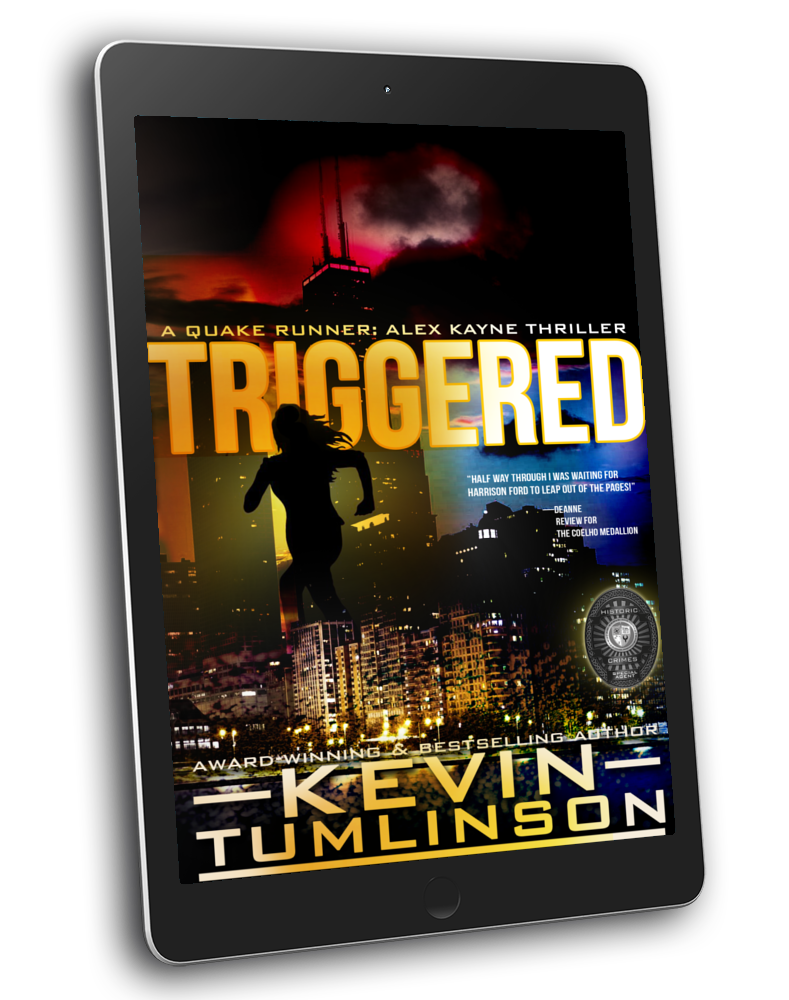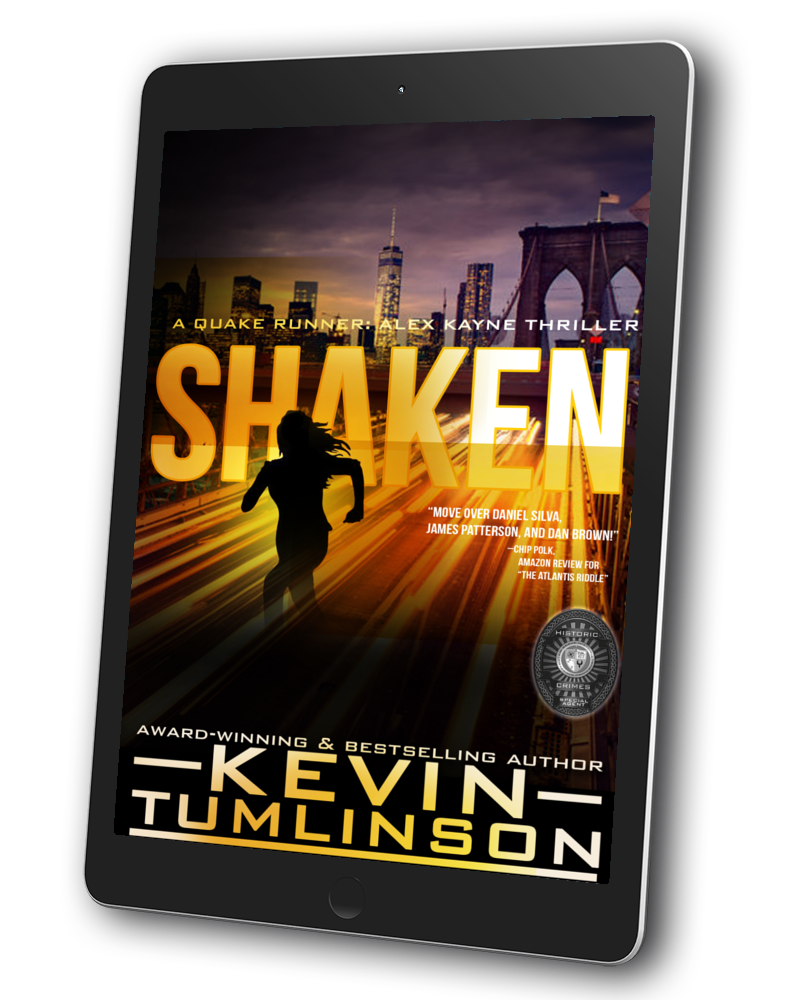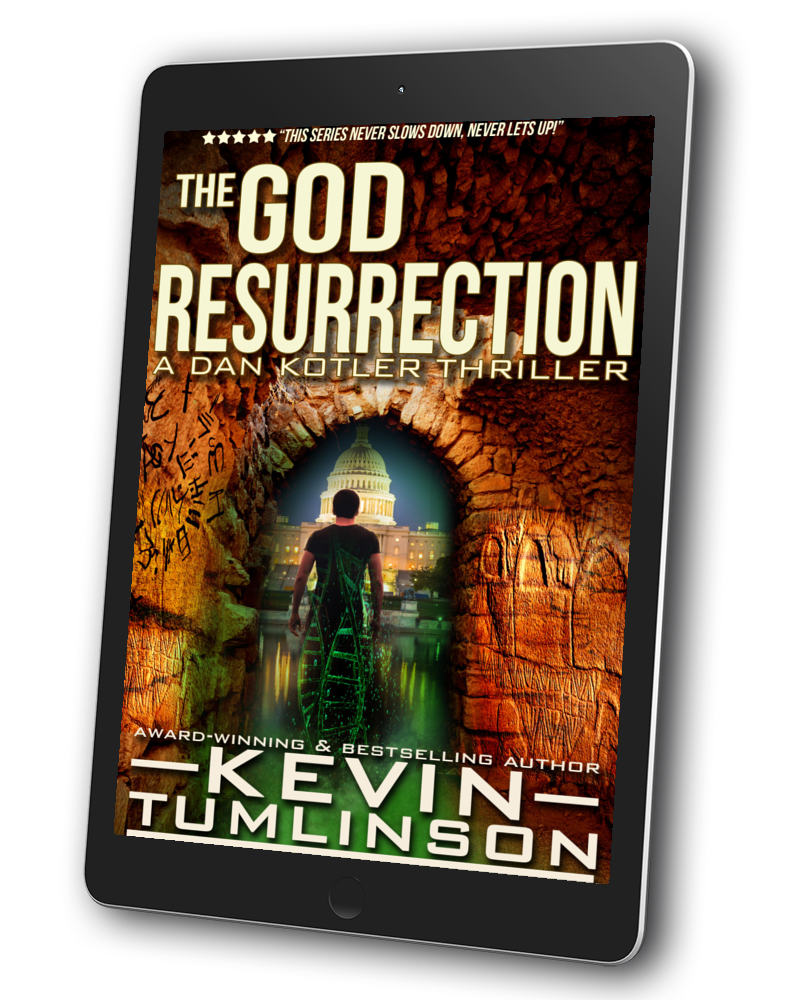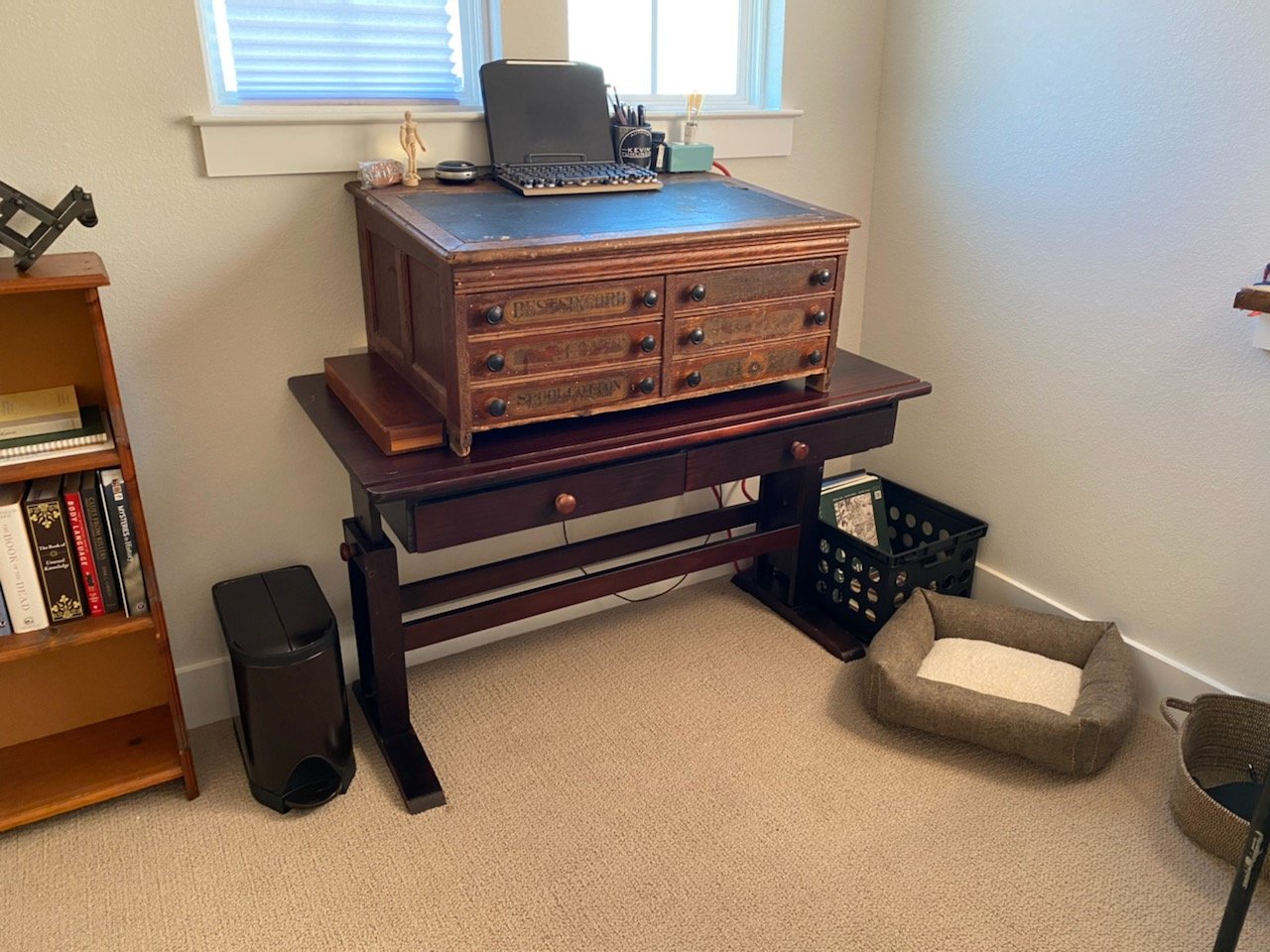Lately I’ve been reading and watching and listening to a lot of material that fits into a sort of central theme—the idea that we build our reality first in our minds, and then express it in our actions, live it in our lives.
It’s a heady sort of philosophy, but here’s the kicker: I haven’t been pursuing this idea, it’s just been appearing in literally everything that comes my way.
Now you can make some pretty solid and convincing and even defensible arguments that this is simply the way things work in the world, especially in the digital age. If I buy a book on Amazon or watch a video on YouTube, those two services literally have algorithms meant to suggest other content that fits. And these things work so well they’ve given birth to conspiracy and paranoia, with suggestions that our electronic devices are spying on us at all times, listening to our conversations, even tracking the movements of our eyes, all so Facebook and Amazon and Google and Apple can nudge us and influence our thinking with suggested content and product recommendations.
Maybe. I’ve seen things like that happen, for sure. I post something about camping and suddenly every ad I see on Twitter is camping-themed, camping emails arrive in my email, camping videos get suggested on YouTube. So yeah, pretty sure that’s real.
But what about the things that happen outside of the digital landscape?
There’s a concept called “synchronicity,” which is in essence the confluence of events that begins to spin out from one central thought or action on your part. This idea has been coopted by the mystic and spiritualist community, New Age thinking, Law of Attraction folks (I have a position on this... it’ll probably come up). But synchronicity has been studied and given scientific veracity in disciplines such as psychology and physics. There is, by measurable evidence, something happening in the universe that makes seemingly odd and coincidental events synchronize.
For example, let’s say you’re binge-watching a television show, such as Big Bang Theory. You’ve watched several episodes per night before going to bed, and over the course of the past few weeks.
You’ve traveled out of town, perhaps by camper van, and find yourself randomly deciding to spend a few weeks in an area that is new and strange to you, one you’ve never been to, never even heard of before. And almost from the moment you arrive, you start noticing little Big Bang Theory coincidences.
A sign says Sheldon’s Dry Cleaning.
You have to turn on Leonard Avenue.
While parked at a grocery store you exit to find that someone has tucked a copy of Penny Saver under your windshield wipers.
While driving randomly through a neighborhood, you see that a family has hung a sign on their front patio that reads The Wolowitz Family.
The man behind the counter at the gas station has the first name Raj.
And so it goes, on and on and on. Little synchronicities.
Every single thing I just mentioned happened to me and Kara when we drove to Holland, Michigan, last summer. It was a random destination—literally picked from a quick Google search, to find some place on the lake where we might enjoy spending time, after retrieving our motorhome from a rental service so we could sell it. Prior to that trip, we’d been binging Big Bang Theory for a couple of weeks, and talking about the show a lot. And from the instant we got to Holland we started seeing little synchronicities everywhere.
Why?
Well, one explanation could be what’s known as the reticular activating system. This is a bundle of nerves in the brain that gets engaged when you’ve been concentrating on something, and makes you hyper alert to signs of that something in your environment. This is a useful ability if you are, say, a tribal hunter looking for wild game, so that you can feed your people. You know that rabbits and deer make for a good meal, so your brain starts flagging any sign of rabbits and deer. You recognize trails, footprints, hair fibers, even scat. You see movement and your brain alerts you as to whether it’s a potentially delicious rabbit stew or a potentially scary saber tooth tiger that you’ll now need to escape.
This system also makes you more alert to things that you have decided are important to you—something that your brain might conclude if, for example, you’ve spent hours binge watching a show and weeks thinking and talking about it. The characters, their names, their qualities, their quirks—those things jump out at you as you see them in the real world.
It’s a spooky kind of thing, at times. We’ve been thinking about red Jeeps, and suddenly we’re seeing red Jeeps everywhere we go. We’re thinking about sculptures of horses, and we see them everywhere. We’re thinking about narwhals, and narwhals become the theme of every freaking place we stop on a three-thousand-mile road trip. Seriously, where are all the narwhals coming from? I bought my niece one narwhal piñata!
A few years ago, while I was traveling in Europe, I had carried a little toy travel gnome with me. I had thought it would be fun to take photos of the gnome in all the places I visited. The idea was that the gnome would be everywhere. And suddenly everywhere I went I was seeing gnomes. I’m pretty sure I’ve never noticed a gnome in a public place in my life, until that trip. But they were everywhere.
And in fact, I’ve noticed that any time I carry that little gnome with me, I start seeing gnomes everywhere I go, even here in the US. When I do, I make it a point to take a photo of my gnome looking at that other gnome. Which probably only exacerbates the whole gnome thing.
The reality, of course, is that those gnomes are already out there, but I wasn’t primed to see or notice them. And when I decided to focus on gnomes everywhere, my brain started alerting me to every gnome it discovered. Good brain. Sit.
So the reticular activating system probably has a lot to do with with synchronicity such as this, but there are many examples that can’t be so easily explained.
How many times have you started thinking about someone you haven’t talked to in a long time, and they suddenly call or text or email you out of the blue?
Or you were on the fence about reading a book, one that’s been out for ages, and suddenly someone you care about and respect recommends it to you, unprompted.
Or you’ve been thinking about a song, got it in your head one morning while brushing your teeth, and now every time you hear music, anywhere you go, that song is playing.
There are probably a million reasons why things like this happen, and why we notice them, and they’re likely all very logical and reasonable and rational.
Because that’s how reality works.
That’s the thing that, I think, disappoints people when it comes to “miracles” or “synchronicity” or “faith.” We have this expectation that if something is truly miraculous, it has to be supernatural and unexplainable. It has to happen without the possibility of a rotational and reasonable explanation, because rational and reasonable are real, while miracles are above real.
But the truth is, everything in our universe has a rational and reasonable explanation, if we can known all the facts of it, because the universe is governed by a collection of rules, laws and principles. If we can know all the facts, we can follow the line of logic and see how things played out to produce the result we’re seeing in our lives. And if we can’t know all the facts, it seems somehow magical and strange and spooky. Weirdly, we have normalized and accepted the idea that not knowing how something happened could be proof that it’s a miracle. That’s weird, right? Because if we know the how and why something happened, it becomes mundane, and we don’t see mundane as miraculous.
What we’re missing out on, with that kind of thinking, is that even the mundane is magical and strange and spooky from the right perspective. We’re actually being a tad bit illogical in that assertion. If we are willing to accept the possibility of the supernatural and miraculous, then we’re in “two things can be true” terriotory.
In other words, just because we can explain something doesn’t mean it lacks supernatural origins. Two things can be true.
This is a tough pill for some folks. They see rational explanations of “miraculous” events as absolute proof of hokum and foolishness. If they can show you the logical thread of something from end to beginning, then it certainly is not a miracle. And just because you started thinking about it beforehand, constructing it in your thoughts first before expressing it on the page or building it with your hands or announcing it with your voice, doesn’t mean you thought it into existence!
But... doesn’t it though?
See, that’s where I am in this, these days. I’ve been a rational and logical thinker from day one, but pragmatic and practical as I may be, I recognize the truth in this idea: Thoughts really do become things. It’s an absolutely logical, provable, practical, pragmatic, reasonable assertion. The simple fact that you are reading this post proves it. I thought it, my thoughts signaled my hands to type it, and then to post it, and then… poof. Thought to thing in a very short time.
A few years back I became somewhat obsessed with studying a concept known as “design thinking.” I won’t go into the weeds on this, but I can say that in part the idea is that everything around you is designed. Even the placement of certain plants and trees in your sphere was likely planned, if not to plant them there then to leave them there, as they grew naturally. So it is with your furniture, your clothing, your coffee mug, your toothbrush—every bit of that was designed. And as such, it all started as thought.
Thought was followed by action, and action produced a result. And so there we have it, right at our fingertips and in every direction we look, the absolute proof that thoughts become things.
It’s just that there is a part of us that doesn’t want that idea to be quite so mundane.
When we hear or use the phrase “thoughts become things,” what we really want is for the thought to magically materialize out of our minds and into the physical world, through no logical action on our part. We want to think, “I have ten million dollars,” and open our eyes to find stacked of crisp $100 bills piled in front of us.
So when that doesn’t happen, we want to write the whole idea off as bunk.
But what if we had that same thought, “I have a ten million dollars,” and when we opened our eyes we started writing down a plan of action. We mapped out exactly what it would take to get that money, and then we put that list to work. And as we went, we measured what we were getting, and adjusted the plan, then put that plan to work. And we kept doing that until, over time, suddenly we had $10 million.
Our thought immediately became a thing when we wrote down that plan. And we shaped and reshaped that thing until it became the thing we intended it to be. From thought to thing to action to thing to more action to more of the thing, and so on until we end up with what we originally had in mind. It just took going through a progression, following the rules and laws of the universe, to get there.
Sound preposterous?
Let’s dial it back a little...
What if we had the thought, “I want to be a piano player.”
When we open our eyes we write out our plan—buy a piano, find a piano teacher, take lessons weekly, practice daily.
We commit to working that plan for 30 days, exactly as written. And if, at the end of those 30 days, we can’t play the piano, we determine we’ll adjust the plan. We’ll practice more than one hour per day. We’ll take two lessons per week, instead of just one. We’ll buy a portable keyboard so we can play while traveling or plug in headphones so we can practice at night, without disturbing anyone. We see what’s working and do more of it, we see what’s not working and do less of that.
And we give it another 30 days.
Chances are we’re going to see some progress as we go. Even that first 30 days, it’s pretty likely we’ll be able to play a little something. And if we keep at it, we’ll get better. We didn’t learn to play in an instant, but we did decide in an instant that it would be our reality, and we committed to creating that reality in our lives.
We had the thought, we took action, and the universe, being structured on rules and laws and principles, delivered our intended result.
If that isn’t a miracle, I’ve never understood the term.
You can call this semantics, but if you really drill down on every religion, every faith, every philosophy in the history of mankind, this is the obvious and evident way things work. Miracles happen. Sometimes we can’t explain them. Sometimes... we can.
And it all starts with thought.
We build our reality first in our minds, then in the space we occupy. The cost of the miracle is faith, and “faith without works is dead.”
Get it?
We’ve been told this from the start, and we dismiss it because it feels obvious. But is it really all that obvious?
Because we do tend to dismiss the truth of this when what we want feels too hard or difficult to achieve. We think, “Sure, I can learn to play piano, if I really want to. But what I really want is that $10 million, and that’s impossible!”
And so, it is.
Because just as we can build the world we want if we believe and act from that believe, if we do not believe, and do not act from belief, we’ll build nothing. Or worse, if we believe that something cannot be, and we act on that believe, then it cannot be, and that’s that.
When I was a kid, and all the way up through my early 30s, I wanted to be a novelist. Wanted it bad. Dreamt of it. Pictured it. Wished for it. Told friends about it and daydreamed and pretended. I bought notebooks and journals, I had typewriters and computers and laptops, I had portable keyboards, I got work writing for ad agencies and software companies, I wrote short stories and submitted them to magazines, I won awards and scholarships for short fiction.
But I didn’t write any books.
I’d start a book. Sometimes, with great effort, I’d even finish one. I’d submit it, and get a rejection. And I’d shelve it. The rejection became evidence that thinking and wishing doesn’t make it so.The dream wasn’t happening. Doing it the other way—doing the work and being resilient in it—was too hard.
I wasn’t willing to pay the price that the life I wanted demanded of me. I wasn’t willing to keep working to make my dream into a reality.
Faith, but no works. Dead.
Then, in my 30s, I changed my perspective. “If I want to do this, I have to do the work.” It seems simple. Dumb, even. But there it was. “I give up on the whole magic thinking thing. I have to do the work!”
And I did. Not realizing, until later, that I was finally living up to what I believed in faith. I was finally saying to the life and the universe and God, “Yes! I’ll pay that price! Gimme!” And when I started saying that, by my actions, by faith, it started to materialize.
Faith with works. Life.
I wrote a book. Then I found a way to publish it. Then I wrote another book. And another. And I realized, I’m not doing this right. I’m not getting to where I want to be, with this method. I need a new way, a new process. So I created a new process, adjusted the plan, wrote more books, wrote faster, improved as I went, learned as I went, implemented what I learned, as I went.
And repeat.
And adjust.
And think, and plan, and do.
And then, this moment, here, now, hanging out in my travel van with my iPad on a little lap desk, resting on my knees. Writing. Writing about writing, about life and philosophy, writing novels and more.
I’m in Pennsylvania, a place I never even pictured visiting untilI one day I did. I’m surrounded by nature, as I always wanted. I’m writing in the crisp, cool, morning air, wafting in through the screen door. I have 50+ books in print, and more coming. I have money from book sales, enough to finance a lifestyle I dreamt about (and manifested, by taking the right actions). I have readers who love what I do and can hardly wait for the next book. I have everything I’ve pictured for my life, over the past 48 years. Miracles.
I somehow became a novelist. Miraculously. Overnight. Without entirely noticing how or even when. In the grand, sweeping scheme of the universe and of the artificial construct that is time, my transition to become the author I wanted to be happened now. The infinite now. It always was and always will be.
I started with a thought, then changed my thought until I knew what I wanted my life to look like, and then changed my actions until I was working from and toward that thought. And then that thought became now. Just like every other thought I’ve ever started with.
I have more dreams. I have a bigger vision of who I want to be as a novelist, as a husband, as a man. I’m continuing to adjust my thoughts and my actions and my approach, until my work is in harmony with my faith. Until my now is the version of reality I want it to be.
I’m learning more about how profound and miraculous this whole thing really is.
You’ve probably heard of “law of attraction.” I believe there’s something to that. We really do attract what we think about most. But there are other laws that supplement this. The “law of consistent action” being chief among them.
It’s all true—every word of it. Your thoughts really do become things. Your mind is the starting point of every bit of your reality.
The greatest deception, and the one we all fall for, is that miracles have to be unexplainable. The truth is, just being here, alive and thinking in this vast universe, is the unexplained miracle. Everything else fits within that.
